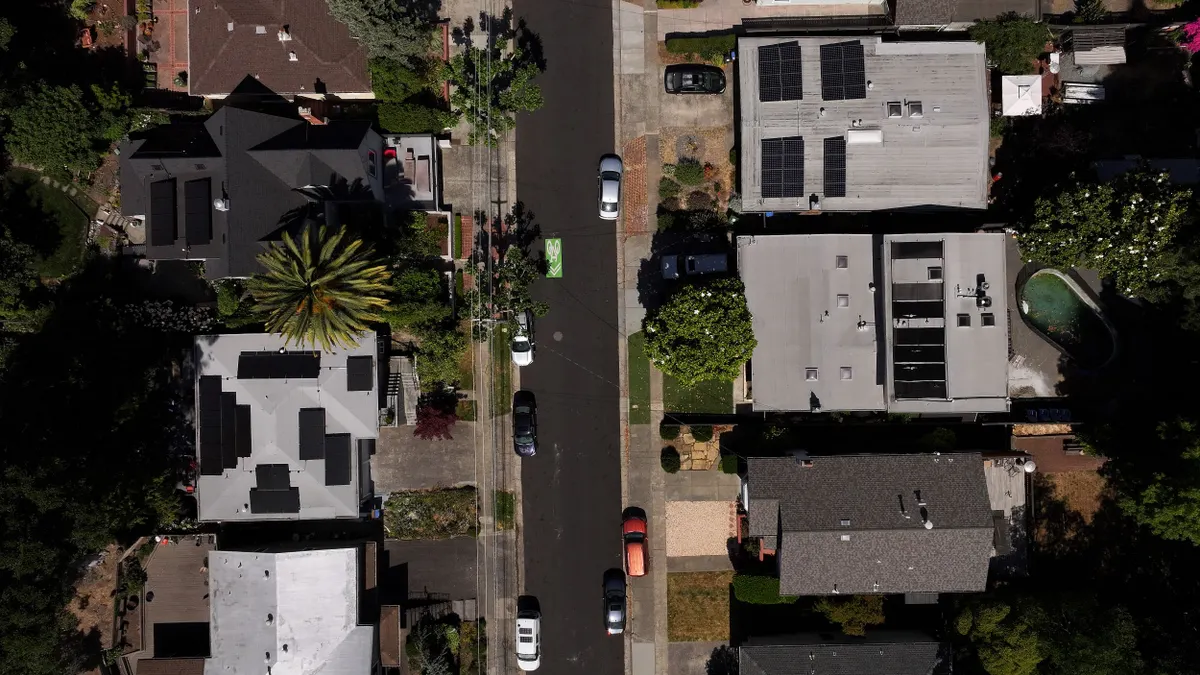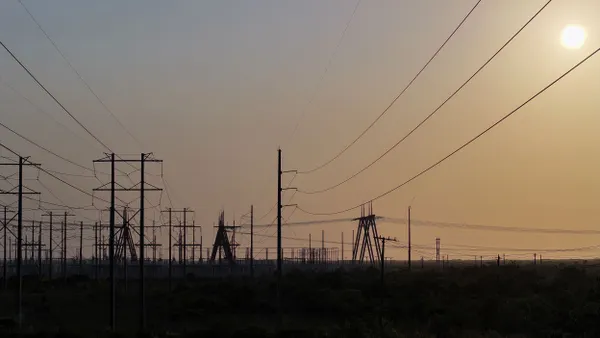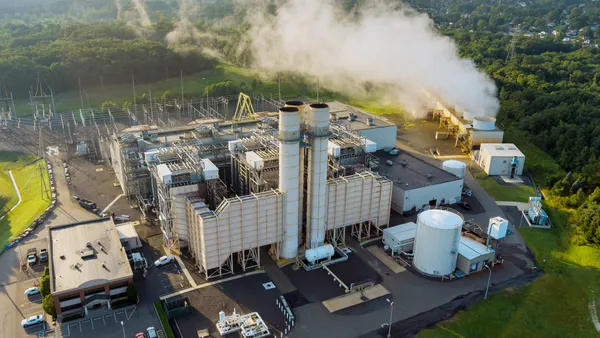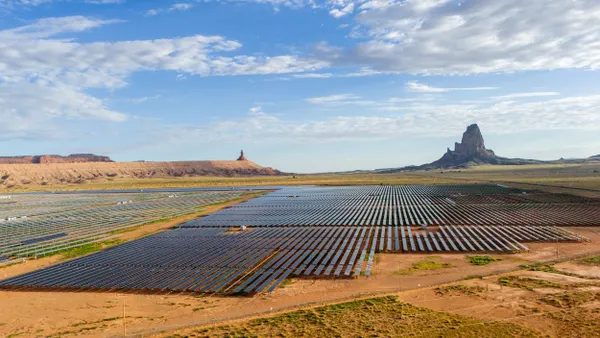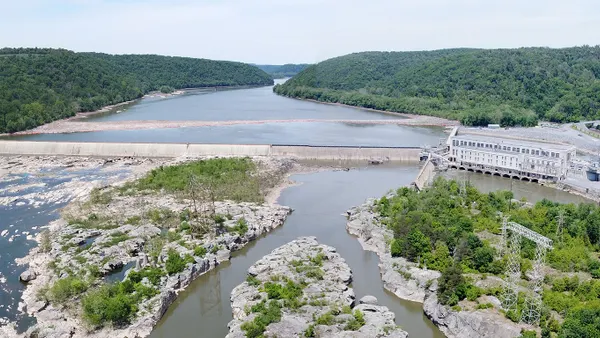Dive Brief:
- At least three California lawmakers are questioning the need for a new gas power plant in Ventura County, arguing that the Puente Power Project may not be necessary and that less-polluting energy sources should be considered.
- State Sen. Hannah-Beth Jackson (D) sent a letter to the California Energy Commission this week saying regulators need to "adequately justify" the need for the plant after addressing environmental concerns from residents.
- But another recent report by the Los Angeles Times has raised concerns that the state is building more power plants than it needs. Over the weekend, the newspaper published analysis that its plants could produce 21% more power than needed by 2020.
.
Dive Insight:
The Los Angeles Times' weekend report on power prices in the state has pressed three lawmakers to call for the Puente project to be reconsidered, and would seem to mirror the arguments made by critics of that project and others.
Last year, opponents of the plant, including Oxnard Mayor Pro-Tem Carmen Ramirez said regulators should have staved off a decision until an environmental justice review was completed.
""We've done our part," she said at the time, according to Public News Service. "And it's time for the Public Utilities Commission to get off fossil fuel, to treat minority communities such as ours fairly, to share the burden and not create these 'sacrifice zones' – which is our city."
The California Public Utilities Commission (CPUC) approved the Southern California Edison project last summer, with plans to have it online by 2020.
The Times' Sunday story concluded that California uses 2.6% less grid power now than it did in 2008, but commercial and residential customers are paying almost $7 billion more.
The approval of the Puente plant was made over objections from local residents, who preferred to shutter the existing plant there and restore the beachfront. The site is located near the city of Oxnard and currently hosts SCE's 573 MW Mandalay Bay natural gas facility.
The original site was chosen in part for the ability to use ocean water to cool the plant, but state law will block once-through cooling in the future. But NRG Energy, which will be the engineering, procurement, and construction contractor for the project, has argued that building on the site would allow the use of vacant brownfield land.






